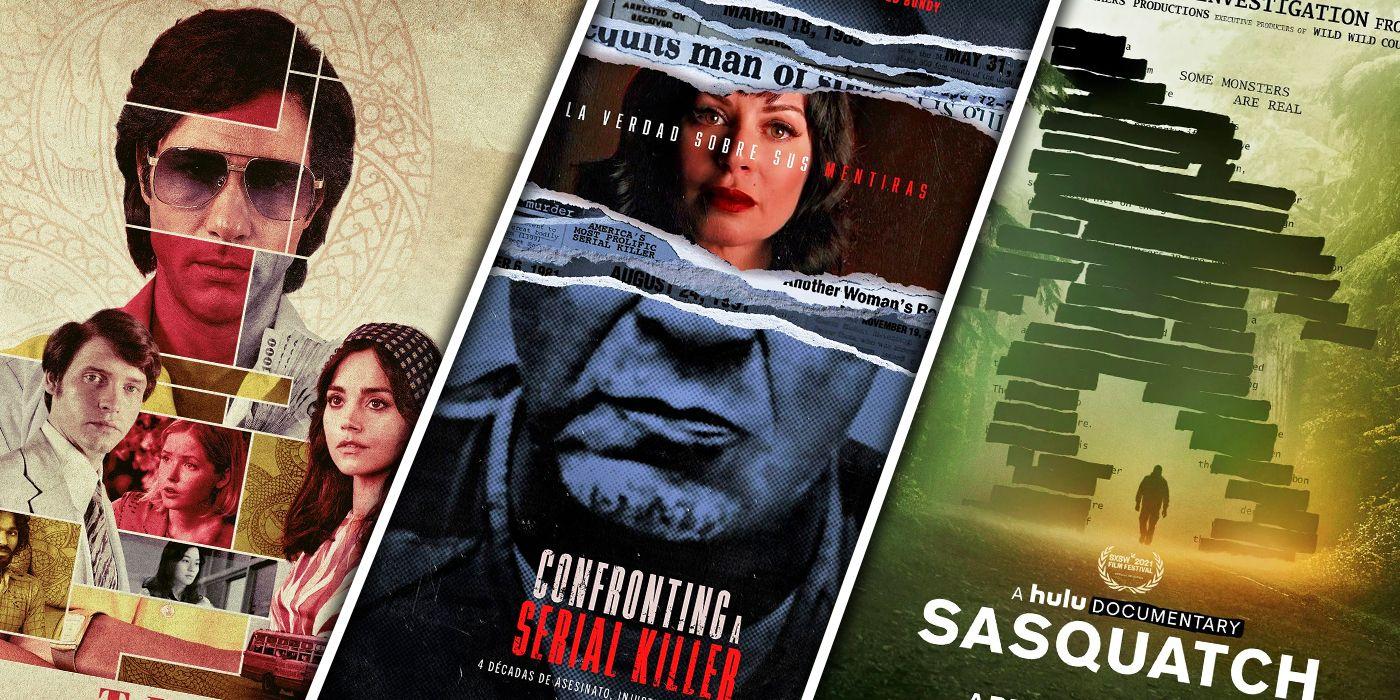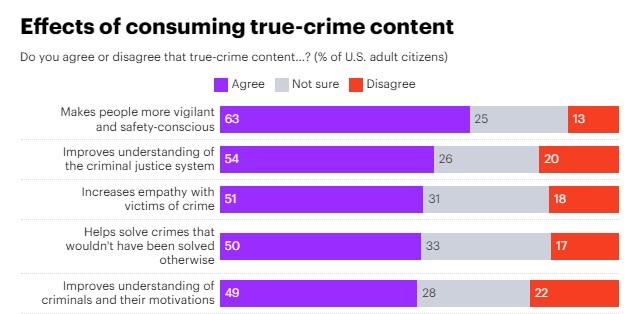In the dim glow of our television screens, true crime TV shows captivate millions with their intricate narratives of mystery, murder, and justice. These programs, often a blend of documentary and drama, invite viewers into the shadowy recesses of human behavior, unraveling real-life stories that are as compelling as they are unsettling. Yet, beneath the surface of intrigue lies a pressing ethical dilemma: are these shows illuminating the darker corners of society, or are they exploiting the tragedies of real people for entertainment? As audiences become both juror and spectator, the line between storytelling and sensationalism blurs, prompting us to question the true cost of our fascination with crime. This article delves into the complex world of true crime television, exploring whether its allure stems from a genuine quest for understanding or if it veers perilously close to exploitation.
The Fine Line Between Storytelling and Sensationalism
In the realm of true crime television, creators walk a precarious path, balancing the art of storytelling with the pitfalls of sensationalism. At its best, true crime can be an enlightening exploration of human behavior and societal dynamics, offering a lens into the complexities of justice and morality. However, when the focus shifts from narrative depth to shock value, these shows risk crossing into exploitative territory.
- Ethical Storytelling: This approach emphasizes respect for victims and their families, providing context and depth rather than reducing individuals to mere plot devices.
- Sensationalism: Prioritizes dramatic reenactments and gruesome details, often overshadowing the real-life implications and sensitivity required in handling such topics.
Viewers are often left pondering whether the emotional and psychological impact on those involved is duly considered. True crime, when handled with care, can be a force for awareness and change, but when veering into sensationalism, it risks transforming tragedy into mere entertainment.

Understanding the Psychological Impact on Victims Families
The depiction of crime stories often serves as a double-edged sword for the families of victims. While these shows bring attention to unsolved cases, they can also inadvertently cause emotional distress. Victims’ families may experience:
- Re-traumatization: Reliving the traumatic event through dramatizations or detailed recounts can be incredibly painful.
- Invasion of Privacy: Intimate details of their loved ones’ lives and deaths are often shared without consent.
- Public Scrutiny: The portrayal of cases can lead to unwanted attention and judgment from viewers.
Although these programs can raise awareness and potentially aid in solving cases, the impact on those left behind should not be overlooked. Balancing storytelling with empathy is crucial in respecting the dignity and emotional well-being of those who have already endured unimaginable loss.

Balancing Entertainment with Ethical Responsibility
In the realm of true crime television, the boundary between engaging storytelling and ethical responsibility is often a blurred line. These shows captivate audiences with intricate narratives and suspenseful twists, but it’s crucial to consider whether they tread into exploitative territory. The depiction of real-life tragedies and personal traumas raises significant questions about the respect for victims and their families. Are these stories being told with sensitivity and accuracy, or do they prioritize sensationalism and entertainment value?
- Narrative Integrity: Maintaining factual accuracy is essential to avoid distorting real events for dramatic effect.
- Victim Sensitivity: Producers should ensure that the portrayal of victims and their families is respectful and empathetic.
- Informed Consent: Whenever possible, securing the consent of those directly affected by the crime is a vital ethical consideration.
Balancing these elements can create a responsible framework for producing true crime content that both informs and respects all parties involved. As viewers and creators, we are tasked with examining whether our consumption of these stories is rooted in genuine curiosity or a morbid fascination that could inadvertently exploit those involved.

Guidelines for Creating Respectful True Crime Content
When crafting true crime narratives, it’s essential to approach the subject matter with sensitivity and respect. Balancing storytelling with ethical responsibility is crucial. Here are some guidelines to consider:
- Respect for Victims and Families: Always prioritize the dignity and privacy of victims and their families. Avoid sensationalizing details that may cause distress or harm.
- Accuracy and Research: Thoroughly research all aspects of the case to ensure accuracy. Misrepresentation can perpetuate misinformation and damage reputations.
- Avoid Glorification of Criminals: Focus on the facts without glorifying or romanticizing the perpetrators. This can inadvertently shift the narrative away from the victims.
- Trigger Warnings: Include appropriate warnings for content that may be distressing to some viewers. This respects the audience’s right to choose their level of engagement.
By adhering to these principles, creators can contribute to a more respectful and informed discussion around true crime, fostering an environment that prioritizes empathy and understanding over sensationalism.









